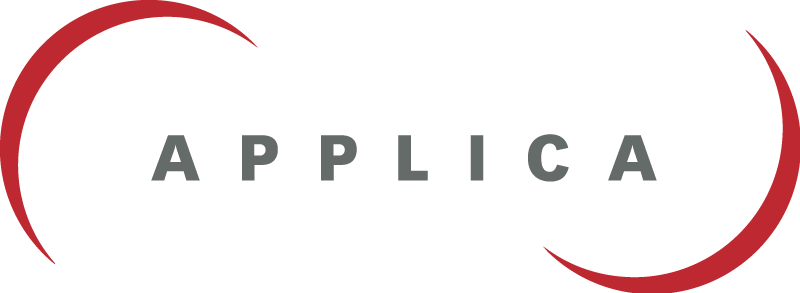The Evaluation Helpdesk has the central objective of increasing the quality of evaluations carried out on Cohesion policy across the EU by strengthening evaluation capacity in Managing Authorities as well as in DG REGIO and DG EMPL. This goal is in line with Art. 35(2)(h) of Cohesion policy regulations to consolidate the strategic value of evaluations in the policy cycle. To this end the activities of the Helpdesk are to:
- collect and review all evaluations of programmes funded by the ERDF, Cohesion Fund, JTF and ESF+, carried out by the EU Member States, whether they relate to the current 2021-2027 programming period, to the previous 2014-2020 one or to periods before that;
- collect and review evaluations of Cohesion policy published in the academic literature;
- provide structured information and reports based on the reviews of evaluations to support the Commission’s own reports on evaluation findings and also make available selected information via dedicated tools, which are published on Commission websites.
- provide on-site support to Member States on specific issues relating to evaluation of measures or programmes financed by the ERDF, Cohesion Fund, JTF and ESF+, through advice, continued support during the evaluation process, guidance and training on specific issues or other activities agreed with the Commission;
- provide methodological support on evaluation activities carried out by the Commission including reviews of specific texts, advice and training on particular issues;
- organise each year a training course for participants from MAs and others involved in the evaluation of ERDF and Cohesion Fund programmes on a topic agreed with the Commission.
